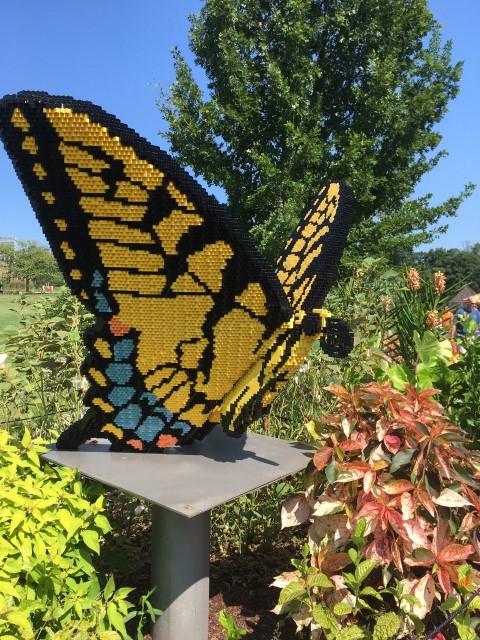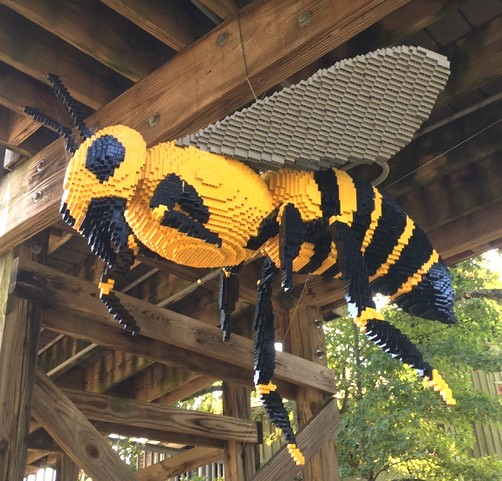A friend recently asked our book group if we looked at our children and marveled at what we had created. My immediate response was, “I actually wonder where they came from.”
After reflection, I did remember the marvel of my firstborn and thinking “This little person grew inside me.” And then I was off and running to care for him.
Now that my sons are grown, I can see the effects of genetics and family and experiences. And marvel a bit.
Adult children analyze their parents. That is a true fact. What I learned—and my sons may not realize—is that parents reciprocate. We try to solve the mystery of whom our children have become.
These musings led my husband and me to one fundamental conclusion. Children are fragile. More fragile than we can imagine. They may rumble and tumble and hop right back, but that is only an outer facade. Inside, they are glass. They break over events that we consider too minor to note.
And that is why we need to address worries (see here), grievances (see here), and questions (see here)—to expose the breaks and make repairs.

Made any repairs recently? Do you need repairing?







